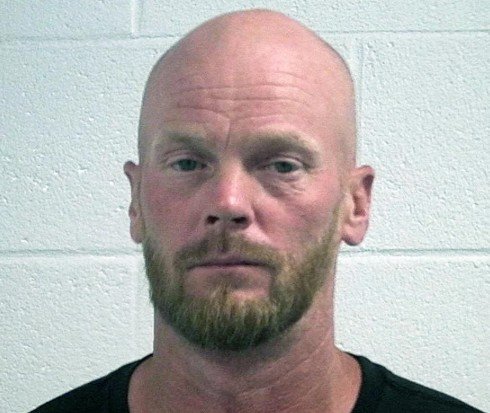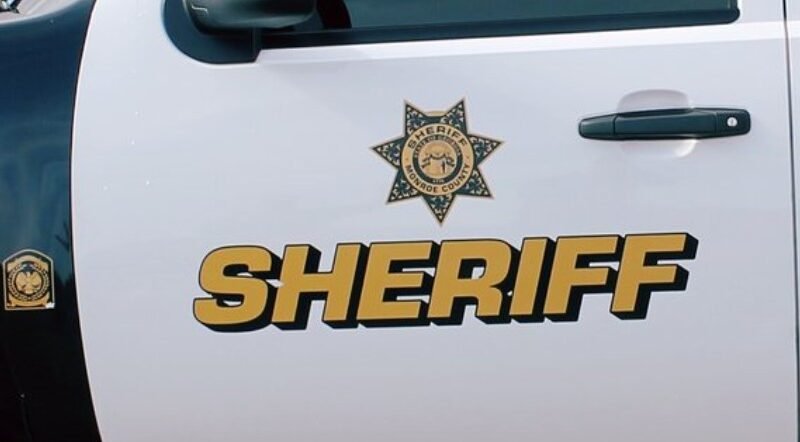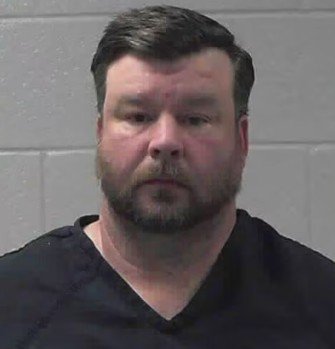Georgia lawmakers advance bill targeting squatters
(The Center Square) — The Georgia Senate could soon consider legislation to allow property owners to evict squatters more easily following reports of people taking over properties without permission, particularly in the Atlanta area.
House Bill 1017, the Squatter Reform Act, which the House passed 167-0, would create the offense of unlawful squatting when someone enters and resides in a property without the owner’s “knowledge or consent.”
Under the measure, authorities could cite suspected squatters and give them three business days to provide documentation showing they are authorized to be on a property. Anyone who cannot provide documentation faces a misdemeanor criminal trespass charge, which carries a potential sentence of up to 12 months and a fine of up to $1,000.
If a suspected squatter provides documentation, a hearing to determine its validity will be set within seven days of the submission. If the documentation is found to be “improperly executed or fraudulent,” the squatter faces removal, possible arrest and an additional fine based on the property’s fair market rent.
For “property owners in Georgia, squatters are occupying their property, which presents a very difficult and expensive legal problem as the law currently stands,” state Rep. Devan Seabaugh, R-Marietta, the measure’s sponsor, said in a statement. “We have homeowners tied up in court for eight months to two years in some cases trying to get these squatters removed from their property. HB 1017 sends a message to squatters that they are criminals, and they will be treated like criminals.”
Separately, state Rep. Sandra Scott, D-Rex, promised to reintroduce several housing-related bills during next year’s legislative session that did not pass this year, including HB 322. The Ad Valorem Taxation Amendment would require property tax bills to only reflect ad valorem assessments, separating other charges.
HB 965, the Tenant Protection and Rental Notice Enhancement Act, would mandate landlords give tenants written notice of a rent increase at least 60 days before a lease expires, while HB 1059, the Georgia Tenant Protection and Mediation Act, would introduce a residential eviction diversion program and open the door to mediation to resolve disputes involving “disabled” and “low-income” Georgians.
A fourth measure, HB 1032, the Property Owners Rights and Accountability Act, would bar liens on condominiums and lots stemming from unpaid property association fees and assessments, removing the $2,000 threshold.
“I’ve listened to the pleas of constituents throughout Georgia who have found themselves vulnerable to the actions of HOAs, landlords and attorneys, seizing their homes through unwarranted fees and assessments despite meeting their mortgage and tax obligations,” Scott said in an announcement. “It’s unacceptable that such practices are permitted in our state, and I am deeply troubled by this exploitation by HOAs and landlords.”






